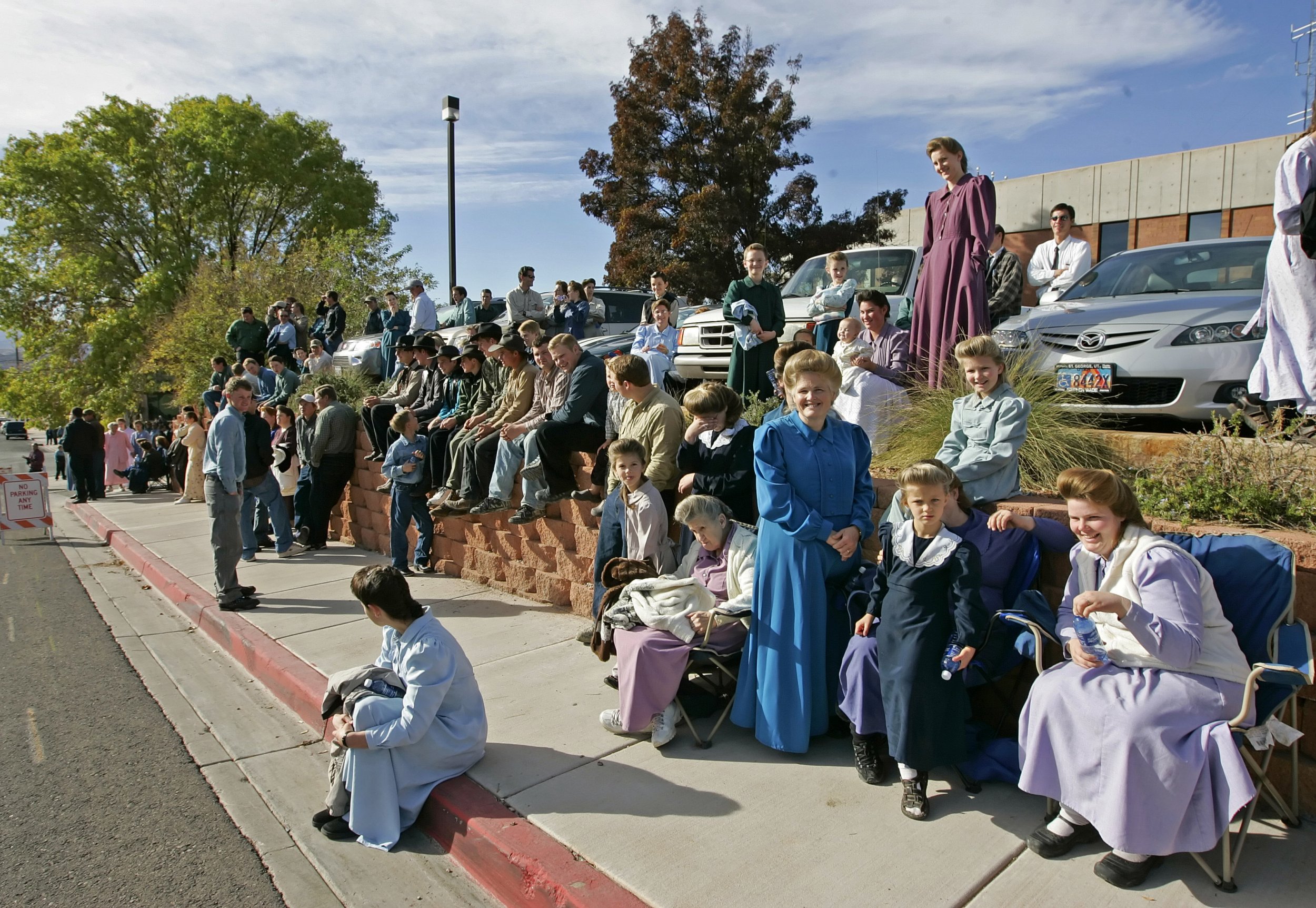
The 10th Circuit Court of Appeals has upheld a previous ruling directing a Utah company to compensate a number of children from a fundamentalist religious sect who had worked unpaid collecting pecans.
Paragon Contractors Corporation and its owner, Brian Jessop, must now pay $200,000 into a fund to compensate the children. But, while the federal appeals court agreed with much of a previous ruling, it found that a District Court had overreached when it mandated the company be monitored by a 'special master' to make sure rules were complied with in the future
The case dates back to an informal agreement between the Southern Utah Pecan Ranch and the Fundamentalist Church of Jesus Christ of Latter-Day Saints, by which the church could send children to pick pecans from the ground, splitting the gathered nuts 50:50 between the ranch and church.
In 2008, the ranch started a contract with Paragon and Jessop in which the company would manage the pecan grove and the harvesting. The church still sent children to collect pecans, splitting them instead with Paragon, which in turn split the profits with the ranch.
Paragon and Jessop were found in contempt of a 2007 injunction prohibiting them from employing minors "under conditions constituting oppressive child labor" after a 2012 investigation by the U.S. Department of Labor.
The Fundamentalist Church of Jesus Christ of Latter-Day Saints broke away from the Mormon Church more than a century ago when it continued to engage in polygamy after the mainstream church abandoned the practice.
In their appeal, Paragon and Jessop argued that the children were volunteers instead of employees and therefore not covered by the Fair Labor Standards Acts. Even if they were employees, they argued, the children were employed by an independent contractor rather than Paragon and Jessop.
Both arguments were rejected by the Court, with the judge writing that the children "worked because of coercion."
According to the ruling, some of the children and their parents had testified that the children were ordered to attend the harvest and that the Church had closed schools at harvest time. While Paragon and Jessop claimed that the Church had been the source of the coercion, the judge ruled that the standard did not address the coercion's source but rather the employer of the coerced.
The court did agree with the defendants that the appointment of a 'special master' to "monitor compliance with the injunction" exceeded the court's authority. The judge wrote that there was no evidence that the defendants were using child labor at the time of the injunction, having stopped working with the ranch years before, and there was no way for them to "purge themselves of contempt" by complying with the order.
According to The Salt Lake Tribune, which first reported the ruling, the decision over the special master will have implications for Jessop who is faced with legal hearings deciding whether a new company that the Department of Labor allege Paragon succeeded should inherit the former company's child labor injunctions.
Related: Warren Jeffs's Daughter Rachel is Free of the FLDS Cult in New Memoir
Newsweek reached out to the Department of Labor for comment on the latest ruling but did not received an immediate response.
After the original 2016 ruling in the Paragon case, then-Wage and Hour Division Administrator Dr. David Weil said in a news release that "[t]he employers in this case have long demonstrated a willful disregard for the welfare of minors, refusing to compensate them and adult workers who have toiled in their fields.
"We will uphold the prohibition against the illegal use of child labor. We will also ensure that the promise of a fair day's pay for a fair day's work extends to workers in every sector, be it in construction or in the pecan fields."
Uncommon Knowledge
Newsweek is committed to challenging conventional wisdom and finding connections in the search for common ground.
Newsweek is committed to challenging conventional wisdom and finding connections in the search for common ground.
About the writer
To read how Newsweek uses AI as a newsroom tool, Click here.








